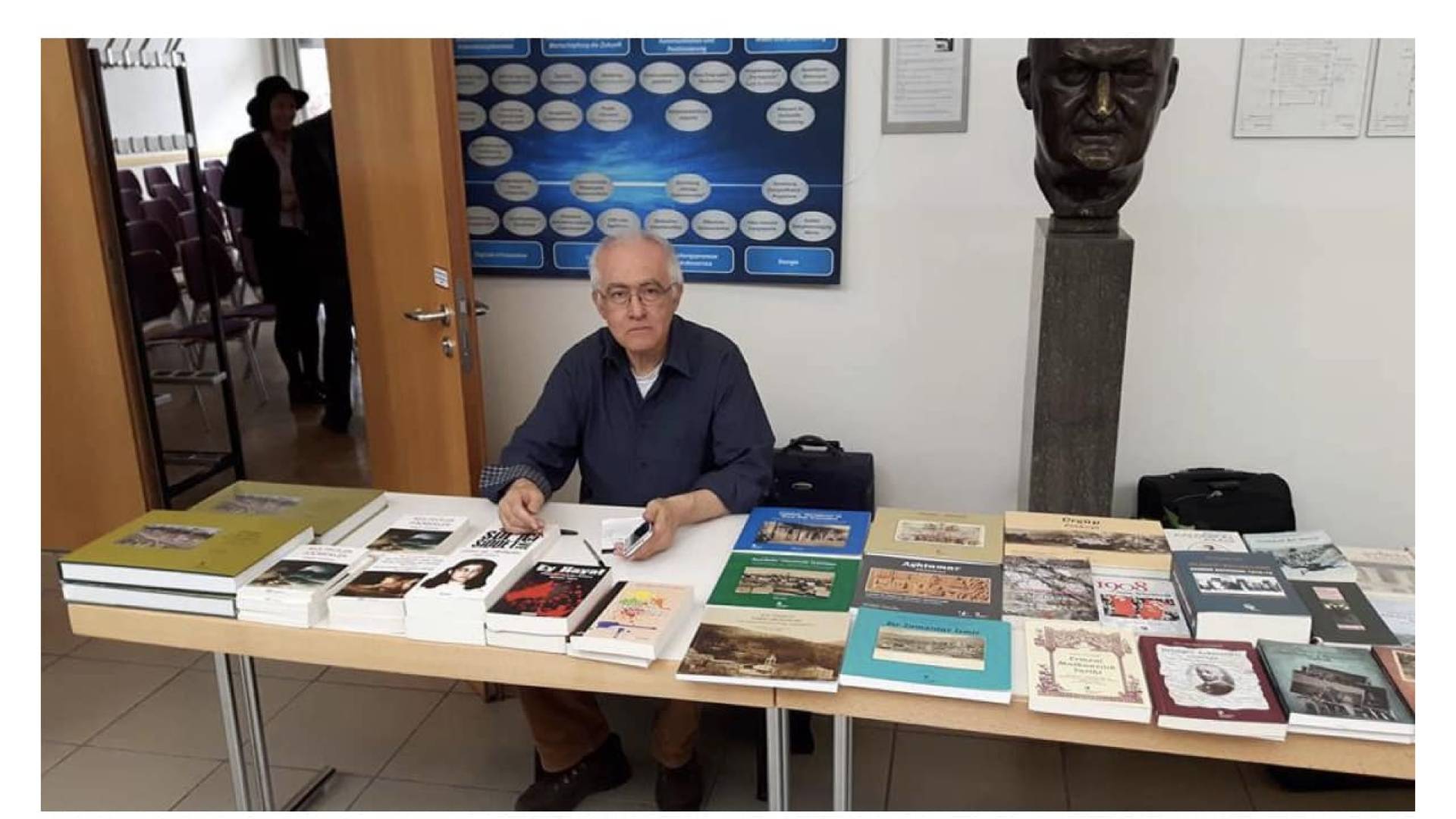DIASPORA (2)
DIASPORA (2) As far as is known, unity efforts between different diaspora groups from the same region began in the USA. Immigrants from China, Burma, Korea, Korea, Pakistan, India and neighbouring countries who came to the USA and faced various humiliations and injustices have tried to act together. They may have had some successes, but as far as I know they have not achieved significant results. US employers have learnt quickly to exploit the contradictions between immigrants. In M. Hardt and A. Negri's book Empire, also published in Turkish, it is written what US employers pay attention to when hiring immigrants. If a factory hires a few hundred workers, not all of them are from the same nationality. For example, 100 Indians and 100 Pakistanis are hired. Their religions are different and there has been a war between their countries and there are still problems. It is difficult, if not impossible, for workers from these two nations to unite and go on strike or to seek other rights at the workplace. It is not possible for immigrants of different nationalities, who cannot unite even for economic purposes, to take a common position on political issues. Being many does not mean that the many act together. Even if people come to the USA from the same region called the Far East, they live side by side rather than intertwined. They do not marry each other. Problems that arise between countries are also reflected in diaspora groups. Today, when communication is faster and easier, this determination is more valid. For example, Greece opposed the establishment of a state called Macedonia for years. Their justification was that this name belonged to Greece. A state with another name could be established, but not Macedonia. Alexander the Great was from Macedonia. There were street fights between Greek and Macedonian immigrants. Where, in Sydney... The town with the largest number of Greeks in Germany is Offenbach, near Frankfurt. Greek immigrants - whose immigration history predates that of the Turks who came to this country 60 years ago - have organised demonstrations on the theme "Macedonia is Greek". There is a widespread opinion: Immigrants living in Germany or elsewhere should be concerned mainly with where they live, and not with what happens in the country they visit in the summer months, which is not always the case. This view amounts to arguing that immigration always leads to assimilation. People who have arrived and settled in a foreign country must assimilate as soon as possible. Any kind of connection with the previous country is an obstacle to assimilation - often called integration instead. This view was correct at the beginning of the 20th century. The Polish mine workers who came to the Ruhr region in Germany were assimilated within three generations with the accelerating effect of being of the same religion, even though the Germans were Protestants and the Poles were Catholics. These people were Germans, only their surnames were different. This period has passed. Classical assimilation can be called "over". In a time when immigrants of all nationalities can watch the television channels of their home country, it is not possible to lose contact with the previous country. The situation of those who have not learnt the language of the country they have been living in for almost 30 years should not be considered strange. They don't learn it because they don't need to. People who live in isolation, who have little contact with immigrants from other peoples and with the indigenous population, inevitably do not learn languages. The unity of immigrants is impossible. This unity is as elusive a dream as the declaration "Workers of all countries, unite". At the beginning of the 20th century this was a dream. Because even if they wanted to unite, in what language could they communicate? No one knew each other's language. Now it is easier because many people speak English, even if only a basic one. It is only within the borders of the same state that labourers from migrants of different peoples can unite. This can happen. There are strikes in which workers from different peoples participate. The unity of workers from different countries does not seem possible even now. At least for the last 30 years there has been no Europe-wide labour action. In the next article I will write about the question "are migrants revolutionary subjects?", which I have had to discuss constantly since the day I arrived in Europe.



 Türkçe
Türkçe 


















